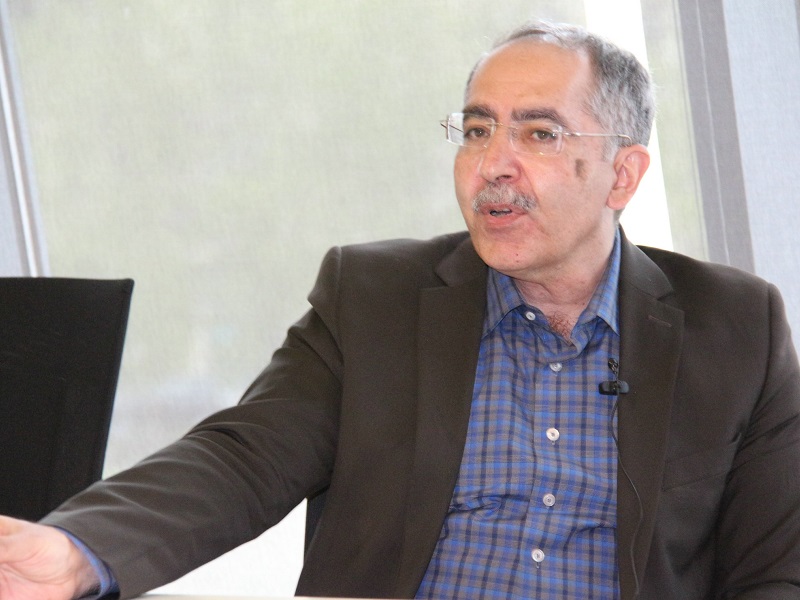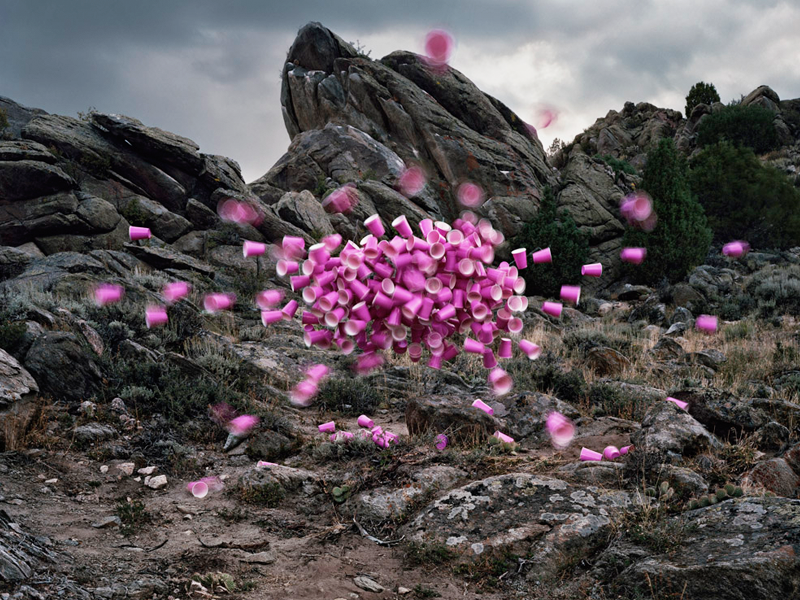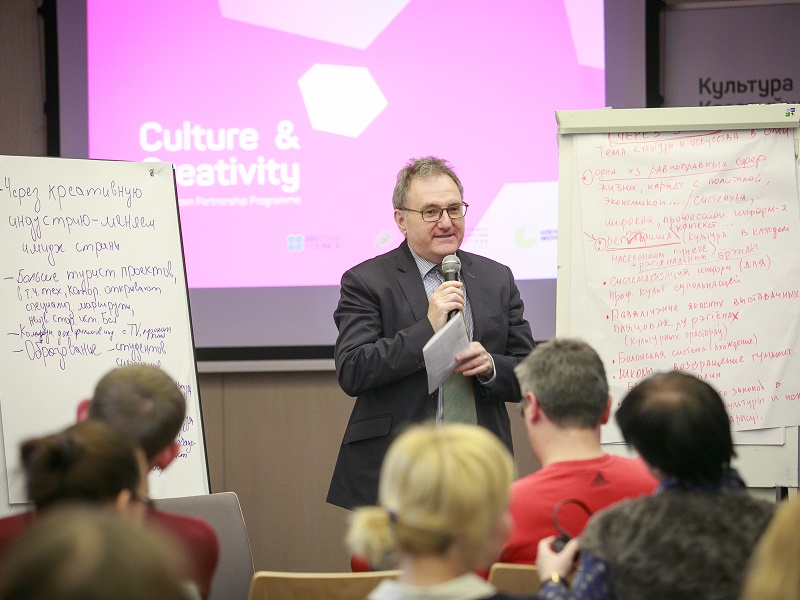
Jahangir Selimkhanov: The key issue in our projects is an atmosphere of freedom and creativity
The Forum on an Intercultural Dialogue has been holding in spring in Baku for several consequential years. This event introduces a special charm to the cultural life of our city and country as a whole. It is a sort of a pilot project with use of state-of-the-art technologies and innovations. In fact this is a symphony concert where modern luminous elements, installations and scenic action are used. We intend to consider something interesting like this for the future UN Alliance of Civilizations forum as well. The key issue in all these projects is an atmosphere of freedom and creativity. It is hard to imagine culture as an industry without these important components.

I am often asked about the key success factors for projects in the cultural and creative industries. And my answer is always dedication to an idea. In view of my recent activities within European Museum Forum that are closely associated with an analysis of museums all over the world I can say for sure – someone trying to implement a project should be obsessed with his idea. It helps him to avoid pitfalls that always catch at a weak moment. For example, not long ago a museum that had been literally carved in a rock of an artillery bastion dated to the WWII was created in Switzerland. It took the author years and years of patience and hard work to materialize his idea.

Lots of cultural projects, where I had had a chance to participate were aimed to stimulate creative thinking and improve cultural education level on the one hand, and inspired us to pay more attention to areas of concern related to such education of population on the other hand. One of the key problems is the passive reading syndrome, which means that passion for reading is almost not involved when raising children. Passion for reading, whether fiction, scientific or publicist literature, creates potential for critical thinking in children. Later it develops into conscious understanding of cultural and creative industries by generations of growing up and grown-up people. And this is very important.




